JOKER Review
By Barnaby Turner | Leave a Comment | Published 6 years ago

A film about someone's descent into madness and violence can be a very difficult thing to get right. On the one hand the script must strike a balance between having sympathy for the individual in question whilst objectively illustrating the problem with their actions, and on the other hand it must still work as an engaging narrative. Todd Phillips and Scott Silver's Joker (2019) is a version of the classic comic-book character Arthur Fleck's journey into insanity, so whether or not you like the film will probably be down to how well you feel that it's got that essential balancing act right.
We begin by meeting him as a struggling comic and clown-for-hire who's repeatedly beaten up or ignored on the streets, living in a run-down apartment building with his mother, and harboring some obvious psychological issues. As life continues to conspire against him he begins committing acts of violence out of desperation to be noticed, and things spiral further out of control from there. It's a character arc that arguably isn't worlds away from the reality for many on the edge of committing crime, and it's because of that real-world significance and commentary that comes with this kind of story that means it's extra important to get things right.

The film has already infamously caused plenty of controversy since its premiere, with many interpreting it as a ringing sympathetic endorsement of its lead's eventual actions. What this really is though is a film with a perfectly conflicted view of its character. On the one hand we're supposed to pity him as the victim of a society which cares little for folks at the bottom, but on the the other hand we're supposed to be horrified as he begins to spiral out of control and incite violence and hatred on the streets of Gotham.
The camera wouldn't spend so much time clung to Arthur's tear-ridden face as he agonizingly struggles to come to terms with everything around him if we weren't supposed to feel for him, but it equally wouldn't observe such graphic violence backed by a score which sounds like the love-child of both Psycho and Sicario's if we weren't supposed to fear and despise him as well.

Joker (2019) undoubtedly owes its biggest debt to Martin Scorsese's The King of Comedy - a film also about a young comic in 1980s New York (Gotham is basically a by-word for fictional New York at this point) whose position at the bottom drives him from desperation for not being noticed to an act of anger involving a TV talk-show host. They even throw star Robert De Niro in here for good measure in a kind of twisted role-reversal, and not only is the narrative closely matched but the references are all extremely on-the-nose too (heck even the curtains on the TV show are the same) all to the extent that it seems a wonder Warner Bros. didn't give Scorsese an automatic executive producer credit at the very least.
However, where The King of Comedy was a twisted caricature-centric satire, Joker (2019) is a more serious look at its central character who goes even further to get noticed. We spend lots of time under his skin (sometimes almost literally as lead Joaquin Phoenix skinny torso contorts to reflect his pain and anguish) and the camera - very unlike in a Scorsese picture - is constantly up-close and personal examining his damaged emotional state.

This is enabled of course by an excellent performance from Phoenix who truly embodies this version of Fleck with both vulnerability, occasional humor and an underlying menace that suggests all care for human life has been stripped from him by every beating and misfortune that's come his way. It's very different version of The Joker to what we all know on the surface, but it makes an awful lot of sense as the birth of an idealistic anarchist.
Perhaps the biggest criticism that can be leveled at Joker (2019) then is the overt nature of its cinematic language. Phoenix's performance is hardly what you'd call understated, but far more that you get the impression that director Todd Phillips is really ramming the themes down your throat as hard as he can with incessant sequences of creepy music juxtaposed by off-kilter dialogue or pop-culture imagery. He becomes so obsessed with this stylistic stuff at times that many scenes simply don't play out in the way they should (the Gary Glitter track near the end whilst The Joker jumps down the steps for instance may be deliberately chosen to feel out of place, but it winds up feeling oddly celebratory).
In the end though that bombardment of imagery just becomes rather repetitive after a while, and there are times in which it seems as though Phillips may as well have simply turned the camera around and shouted "you getting this? Arthur Flecks become desperate for attention at the hands of a society that cares nothing for him" down the lens.

All in all then Joker (2019) isn't without its flaws, but mostly it's a successful character-study of a man's descent into madness and violence. That's because its script does ultimately get that balance right between having sympathy for Arthur Fleck whilst broadcasting the problem with the violence he commits, and even if Todd Phillips' imagery does cloud things at times, it's an admirable effort for the most part.
It's great to see another comic-book film going down a more serious and personal route after Logan, and even if this film doesn't end up remotely in that league (nor indeed in the much-discussed Oscars league), it does represent a growing intent within the profitable superhero film camp to push the genre boundaries and head down some interesting new paths.
I give Joker an 8 out of 10.
Joker • Run time 2:09 • Rated R for strong bloody violence, disturbing behavior, language and brief sexual images



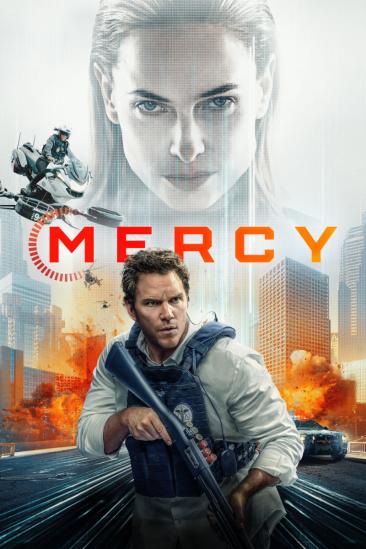
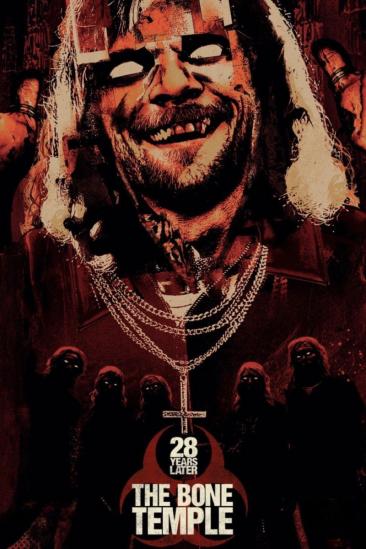
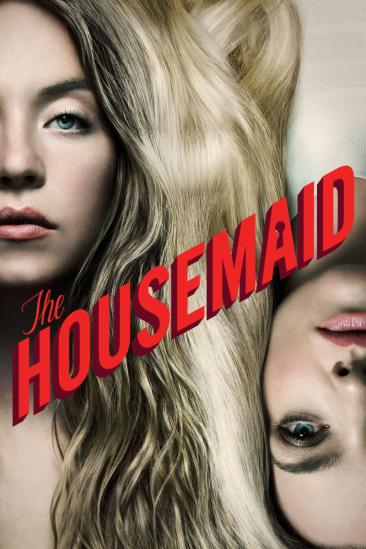
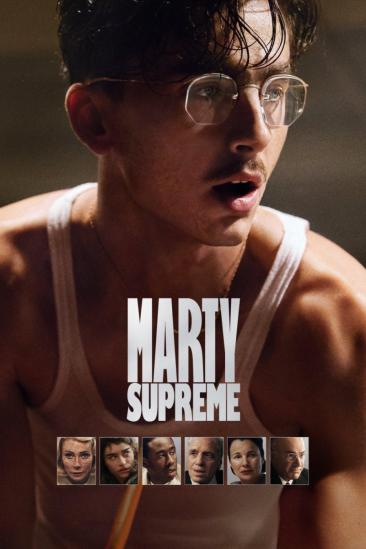
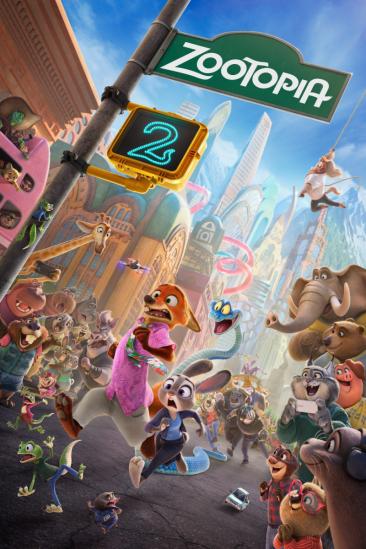
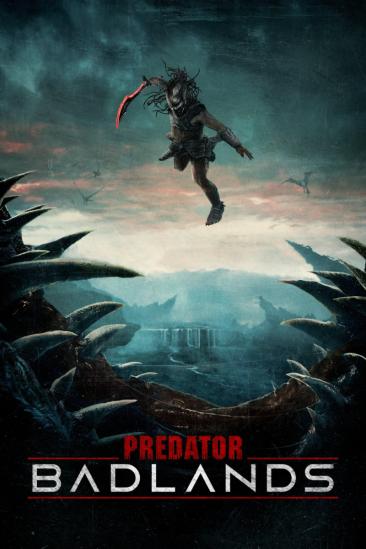
Post a New Comment
Sign In to CommentComments